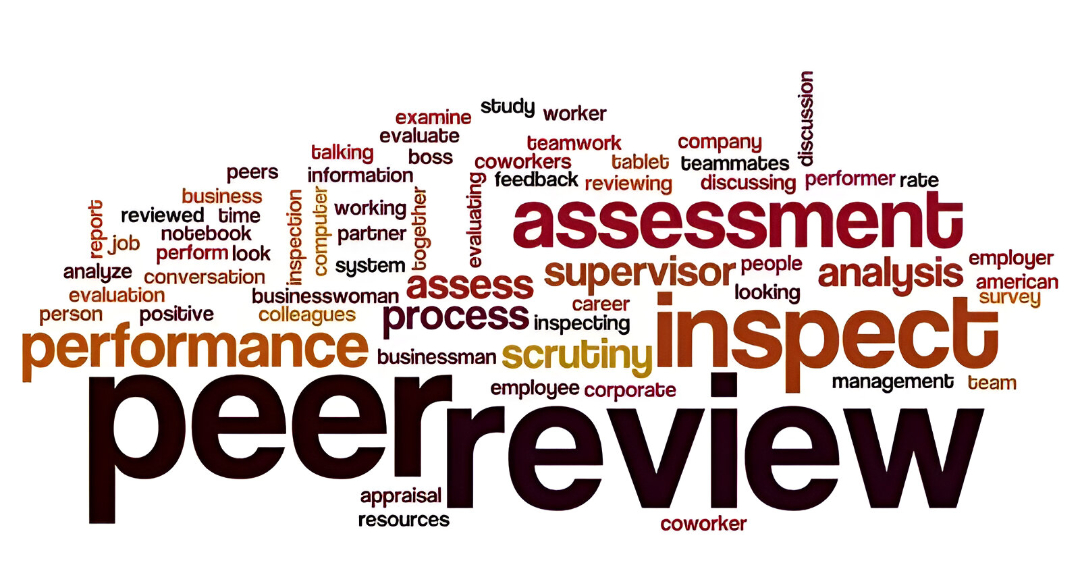Unmasking The Algorithms in AI
DOI:
https://doi.org/10.64322/JLRP.2025.1106Keywords:
Algorithmic Bias, Artificial Intelligence, Justice, EquityAbstract
Data privacy and protection in Artificial Intelligence (AI) play a crucial role. AI has been in use across all the sectors like employment, education, legal, research and development, healthcare, etc. Although often perceived as objective and neutral, AI can perpetuate or even intensify existing societal inequalities through algorithmic bias. This paper examines the operational tools of AI, pinpointing critical sources ranging from inconsistent training modules to opaque design architectures characterized as black boxes, and investigates their practical drawbacks. Focusing particularly on the Indian scenario, this paper underlines the limitations of current ethical legal frameworks in addressing these challenges and underscores the pressing need for robust governance. Through a comparative lens, it analyses regulatory responses in jurisdictions such as the European Union AI law GDPR, United States laws like California Consume Privacy Protection Act 2018, and United Kingdom Data Protection Act,2018, drawing lessons for India’s emerging AI policy landscape. With the concluding points and a holistic set of recommendation ranging from technical safeguards and legislative reforms to ethical design principles and international collaboration this paper aims to contribute to the ongoing global discourse on ensuring AI system are transplant, accountable and line up with principle of justice and equity.
Downloads
References
1. Barocas, S., & Selbst, A. D. (2016). Big data's disparate impact. California Law Review, 104(3), 671–732. https://doi.org
2. Crawford, K., & Paglen, T. (2019). Excavating AI: The politics of training sets for machine learning. Excavating AI.
3. Chander, A. (2021). The racist algorithm? Michigan Law Review, 119(4), 1021–1052. https://doi.org
4. Eubanks, V. (2018). Automating inequality: How high-tech tools profile, police, and punish the poor. St. Martin's Press.
5. European Commission. (2021). Proposal for a regulation laying down harmonised rules on artificial intelligence (Artificial Intelligence Act).
6. O’Neil, C. (2016). Weapons of math destruction: How big data increases inequality and threatens democracy. Crown Publishing Group.
7. Whittaker, M., Crawford, K., Dobbe, R., Fried, G., Kaziunas, E., Mathur, V., . . . & Schwartz, O. (2018). AI Now Report 2018. AI Now Institute.










